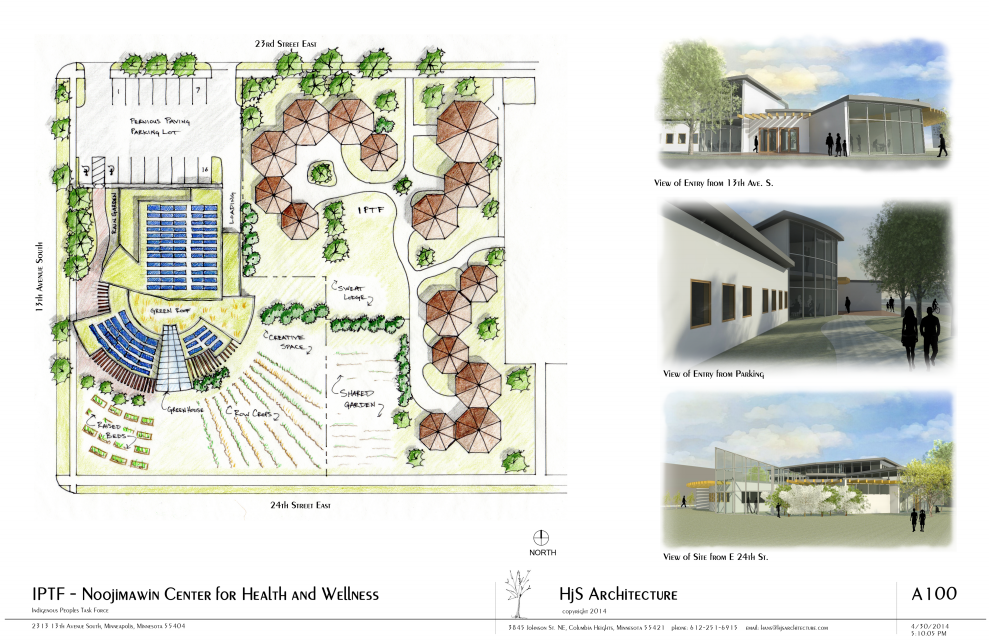
There were so many great environmental provisions to like in the House and Senate Omnibus Bills from the regular session. Unfortunately, they didn’t match, so nothing was passed. They are being taken up now during the Special Session and we hope this will lead to omnibus bill passage. However, we also know how much the world and legislative priorities have changed in the intervening weeks.

We too were wondering what Freshwater could do and have written letters of support for a project in the Phillips neighborhood of Minneapolis, one of the most impacted neighborhoods in the metro during the recent unrest. It was envisioned by Sharon Day, Bois Forte Band of Ojibwe and founder and director of the Indigenous People’s Task Force. Sharon has spent the last decade raising awareness on water issues through her Nibi Walks along threatened rivers in Minnesota and beyond. She clearly understands the link between a clean water environment and human health. Her project was included in the bonding bill and is shovel ready. It could immediately begin to help an urban indigenous community that is largely cut off from a healthy natural environment and enduring ongoing trauma. The request is for $2 million in bonding to begin construction on an Indigenous learning, healing and cultural center.
However, based on our long-standing organizational goals, our other priorities remain having a water environment that supports us all, upstream and down.
Freshwater likes SF 4499, Section 51 and Section 53 which establishes a water storage program in the Minnesota Basin to compensate landowners who are willing to hold water back at critical times of year. This protects infrastructure and improves water quality while recognizing the sacrifice landowners are making. It is the result of many years of work and has significant support in the basin. Additionally, passing it now gives us time to attract federal dollars.
We also support SF 4499, Section 68 which creates comprehensive salt-applicator training. This increases awareness and standardizes chloride best management practices for snow and ice removal. With the amount of deicing we rely on in Minnesota winters and the growing number of Minnesota waters showing salt pollution, we believe this is critical for water protection and public safety.
To protect our groundwater from export, HF 4554, Section 52 requires the commissioner of the DNR to hold a public hearing before issuing a water permit for more than 250,000 gallons a day.
Other provisions that we think are essential to pass include HF 4554, Article 1, Section 1, Subdivision 2 which deals with PFAS water-quality standards and HF 4554, Article 2, Section 66: which prohibits PFAS in food packaging.
And then there are the unmentionables or less flashy provisions: HF 4554, Article 2, Section 64 addresses the misleading labeling on so-called flushable wipes that wreak havoc in our wastewater treatment plants and HF 4554, Article 2, Section 55 which creates an Advisory Council on Water Supply Systems and Wastewater Treatment Facilities.
Finally, the Legislature needs to pass an Environment and Natural Resources Trust fund bill. Every year this bill funds vital research, restoration, and educational programs across the state. These projects provide valuable jobs, knowledge, and opportunities during this uncertain time.
We know this is a very difficult session with many urgent issues drawing us all in new directions. Please let your legislators know that you value the careful work that has gone into creating the two omnibus bills and that you hope they can come together, even in these very strange and unsettling times, to pass those provisions they can agree on.
– Carrie Jennings, research and policy director